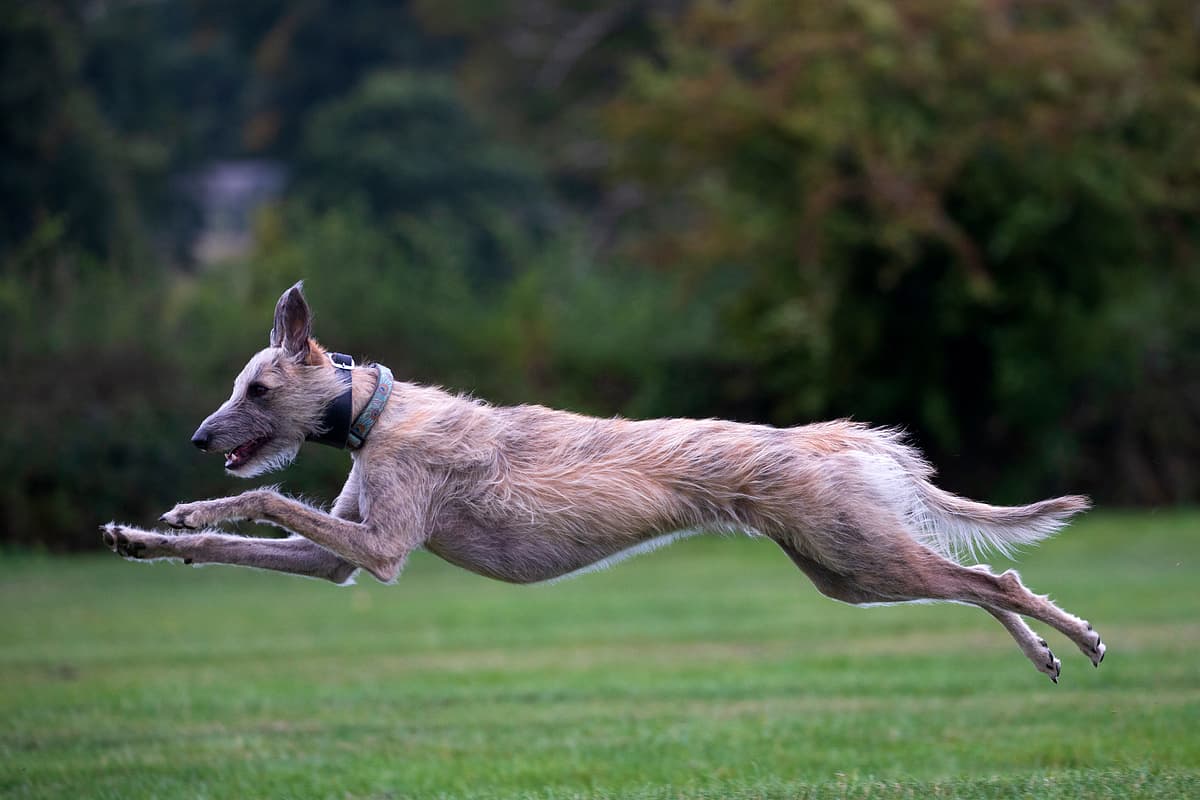Lurcher vs French Bulldog
Discover the differences between Lurcher and French Bulldog to make the best choice for your situation.
Try different breeds

Lurcher
A gentle, athletic, and affectionate companion known for loyalty and grace. Combines sighthound speed with a calm, easygoing nature that fits well with families.

French Bulldog
Compact, playful, and affectionate, this breed charms with its expressive face and easygoing personality. Ideal for city living, French Bulldogs make steadfast companions and loving family pets.
Quick comparison
Medium
23–32 kg
Short or rough, low undercoat
12–15 years
18–27 kg
High energy
Small
9–13 kg
Short, smooth
10–12 years
8–12 kg
Low activity needs
Personality & behavior
Compare the personality traits and behavioral characteristics of both breeds.
Lurcher
Generally sociable with people and other dogs
Learns quickly and responds to training well
Needs regular physical and mental stimulation
Enjoys play but not overly excitable
Adjusts well to various living environments
French Bulldog
Affectionate with people and enjoys companionship
Learns routines quickly but can be stubborn
Prefers short play sessions and moderate walks
Enjoys interactive games and gentle roughhousing
Comfortable in apartments and various environments
Care needs
Exercise, grooming, and daily care requirements
Lurcher
Heart issues, bloat
French Bulldog
Brachycephalic syndrome, skin allergies
Suitability
How well each breed fits different living situations and families
Lurcher
Requires experience
Sensitive and independent, Lurchers need a confident owner with breed knowledge.
Somewhat suitable
Quiet indoors, but requires space and daily activity to prevent restlessness.
Excellent match
Thrives in active homes with regular exercise and mental stimulation.
Cautious fit
Gentle, but may be too boisterous or sensitive for very young children.
Usually compatible
Generally gets along with other pets if socialized early and managed around small animals.
Not recommended
Dislikes being alone for long periods and may develop separation anxiety or destructive habits.
French Bulldog
Great choice
Easygoing temperament and manageable size suit first-time owners well
Perfect fit
Quiet and compact, they adapt well to small apartments
Not ideal
They tire quickly and don’t match very active lifestyles
Highly suitable
Gentle and playful, they are patient with young children
Very friendly
Generally sociable and get along with other pets if introduced properly
Prone to anxiety
They dislike being left alone for long periods and may develop separation issues
Breed strengths
What each breed excels at and their best qualities
Lurcher
- Adaptable to various living environments
- Generally gentle and affectionate temperament
- Low grooming requirements due to short coat
- Good with respectful children and other dogs
- Athletic and enjoys regular exercise
French Bulldog
- Affectionate with families and children
- Adaptable to apartment living
- Minimal grooming requirements
- Generally quiet and not prone to barking
- Strong loyalty to owners
Challenges & considerations
Potential challenges and considerations for each breed
Lurcher
- Strong prey drive may affect small pets
- Can become bored without mental stimulation
- May be reserved with strangers initially
- Sensitive to harsh training or handling
- Needs secure fencing due to chasing instincts
French Bulldog
- Prone to breathing difficulties due to flat face
- Sensitive to extreme heat and cold
- May develop separation anxiety
- Stubborn during training sessions
- High risk of obesity without portion control
Ready to choose your perfect breed?
Learn more about each breed or compare other breeds to find the perfect match for your lifestyle.
Discover more helpful tools
Make use of our other free tools to get the most out of your pet experience
